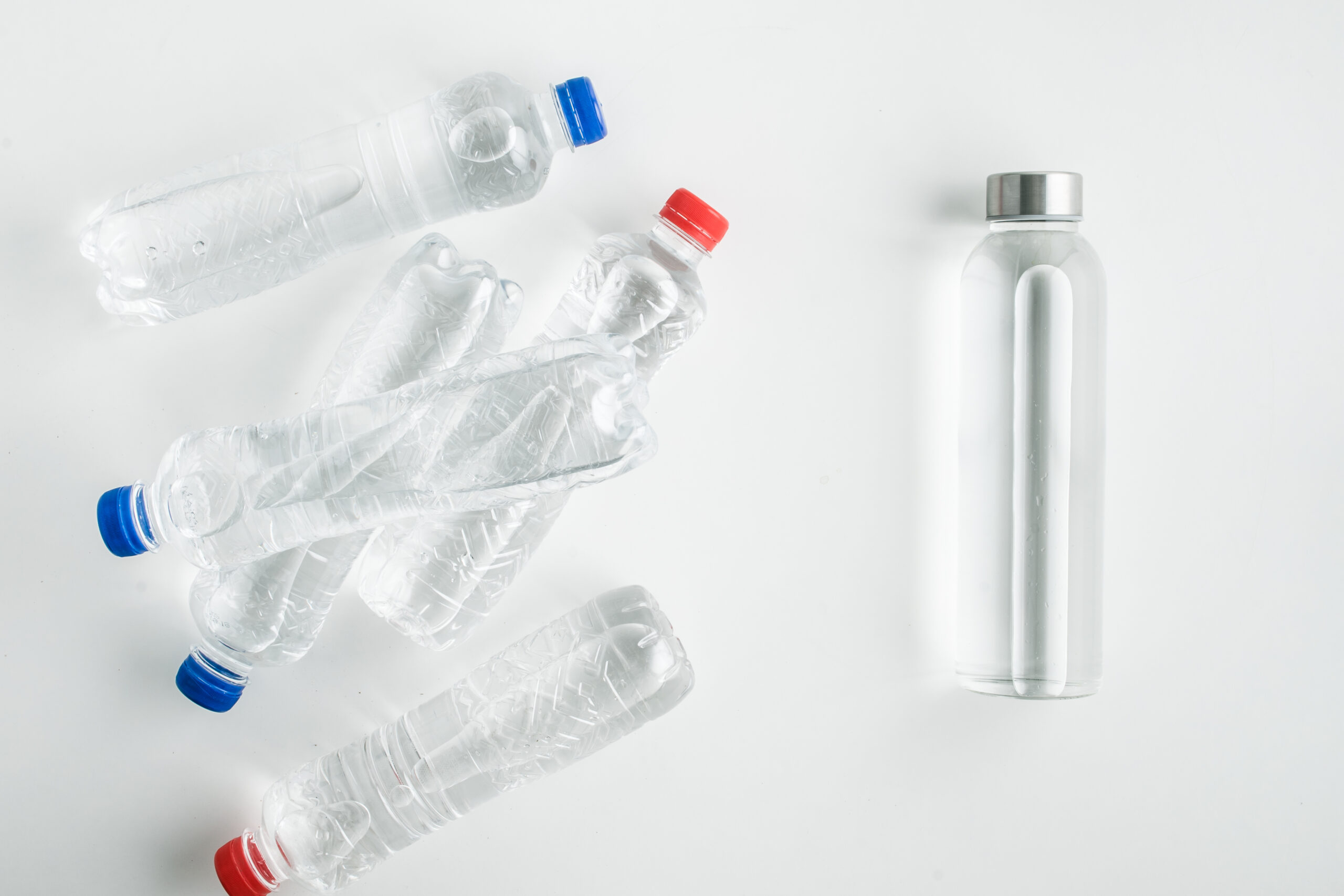In the global quest for sustainability, the Fast-Moving Consumer Goods (FMCG) industry stands at a critical crossroad.
With mounting environmental concerns and growing consumer awareness, FMCG companies are under increasing pressure to reevaluate their packaging practices and minimise their ecological footprints. This shift towards sustainability isn’t merely a trend; but a paradigm shift reshaping the very foundations of how products are packaged, distributed, and consumed.
Additionally, the FMCG sector faces increasing pressure to adopt sustainable practices in today’s environmentally conscious world. Sustainable packaging solutions have emerged as a critical focus area. As consumers demand products that align with their values and minimise environmental impact, FMCG brands must rethink their packaging strategies.
What is sustainable packaging?
Sustainable packaging encompasses wrapping and packing materials designed to have minimal environmental impact on the planet, thereby reducing carbon footprints throughout the packaging’s entire lifecycle.
Environmentally friendly packaging typically utilises recyclable materials like cardboard or easily biodegradable or compostable materials. Sustainable packaging may also be crafted from already recycled materials or, in certain instances, be reusable, such as Ecover’s refillable bottles.

Why is sustainable packaging important for FMCGs?
In addition, sustainable packaging holds significant importance for FMCG companies due to several compelling reasons:
1. Consumer Expectations
Modern-day consumers increasingly prioritise sustainability in their purchasing decisions. They prefer products packaged in environmentally friendly materials and are more likely to support brands demonstrating commitments to sustainability.
By adopting sustainable packaging practices, FMCG companies can enhance brand loyalty, attract eco-conscious consumers, and differentiate themselves in a competitive market.
2. Regulatory Compliance
Governments and regulatory bodies are imposing stricter regulations and mandates to reduce environmental impacts and promote sustainable practices. FMCG companies must comply with these regulations to avoid fines, penalties, and reputational damage.
By embracing sustainable packaging, FMCG businesses can stay ahead of regulatory changes and demonstrate corporate responsibility.
3. Resource Efficiency and Cost Savings
Sustainable packaging often involves optimising material usage, reducing waste, and minimising energy consumption throughout the packaging lifecycle. Thus, FMCG companies can achieve resource efficiency, lower production costs, and improve operational sustainability by adopting eco-friendly packaging solutions.
Additionally, innovations in sustainable packaging materials and technologies can lead to long-term savings on cost and competitive advantages.
4. Brand Reputation and Image
Sustainable packaging initiatives contribute to building a positive brand reputation and image. Consumers perceive brands that prioritise sustainability as socially responsible and more trustworthy.
With that being said, FMCG companies who incorporate sustainable packaging in their products can demonstrate their commitment to environmental stewardship and corporate citizenship. In turn, this enhances brand equity, fosters customer loyalty, and attracts socially conscious investors.
5. Environmental Impact Mitigation
Traditional packaging materials, like single-use plastics, contribute to environmental pollution, ecosystem degradation, and climate change. By transitioning to sustainable packaging alternatives, FMCG companies can lower their environmental footprint, reduce plastic waste generation, and mitigate ecological harm.
Sustainable packaging solutions also prioritise renewable resources, recyclability, biodegradability, and circular economy principles. Altogether, these factors contribute to a healthier planet and preserves natural resources for future generations.
6. Supply Chain Resilience and Risk Management
FMCG companies rely on complex global supply chains to source, manufacture, and distribute products. Environmental disruptions, resource shortages, and regulatory changes can threaten supply chain continuity and operational stability.
Hence, utilising sustainable packaging practices can enhance supply chain resilience by diversifying material sources, reducing dependency on finite resources, and mitigating risks associated with environmental vulnerabilities.
Current trends and solutions for sustainable packaging
Although sustainable packaging has traditionally been associated with conventional options like cardboard or recycled materials, modern businesses now have a wide array of alternatives at their disposal.
Some of the more common sustainable packaging trends and solutions currently available are:
- Implementing downgauging to diminish your carbon footprint. Also referred to as “lightweighting”, downgauging entails reducing the thickness of packaging film in products. This approach maintains packaging functionality while concurrently reducing waste generation.
- Integrating high-barrier mono-materials into packaging, especially suitable for perishable items. Mono-materials are designed for easy recyclability. However, it includes specific chemicals that prevent UV, water vapor, or oxygen from permeating the film.
- Replacing disposable plastics with returnable metal or glass materials. Numerous FMCG brands have adopted this approach, encouraging customers to return their used packaging when they receive their new product. Brands have drop-off bins in-store so customers can return their used packaging and reduce landfill waste. It not only provides a convenient option for customers to dispose of their packaging responsibly but also reinforces the brand’s commitment to sustainability.

Global brands pivoting to sustainable packaging
Furthermore, many FMCG businesses are already setting the pace in sustainable packaging, with numerous examples to follow.
In 2019, Unilever, a multinational consumer goods provider, made history by being the first to introduce recycled polypropylene plastic (rPP) in its ice cream tubs lineup, implementing the packaging across various ranges worldwide.
That same year, Coca-Cola unveiled its new freestanding touch screen soft drinks machines as part of its efforts to minimise plastic waste. The Coca-Cola Freestyle machines are designed to reduce packaging by allowing beverages to be dispensed and mixed from a single storage cartridge instead of multiple plastic bottles. Additionally, the machines are constructed from 15-30% recycled materials.
In summary, sustainable packaging is essential for FMCG companies to meet consumer expectations, comply with regulations, achieve resource efficiency, enhance brand reputation, mitigate environmental impact, and ensure supply chain resilience.
By embracing sustainability as a core business value, brands can drive positive change, foster innovation, and create value for both society and the environment. As environmental concerns and awareness increase, taking a strong step towards sustainability can propel a business forward – for sales, brand image, and consumer retention.


